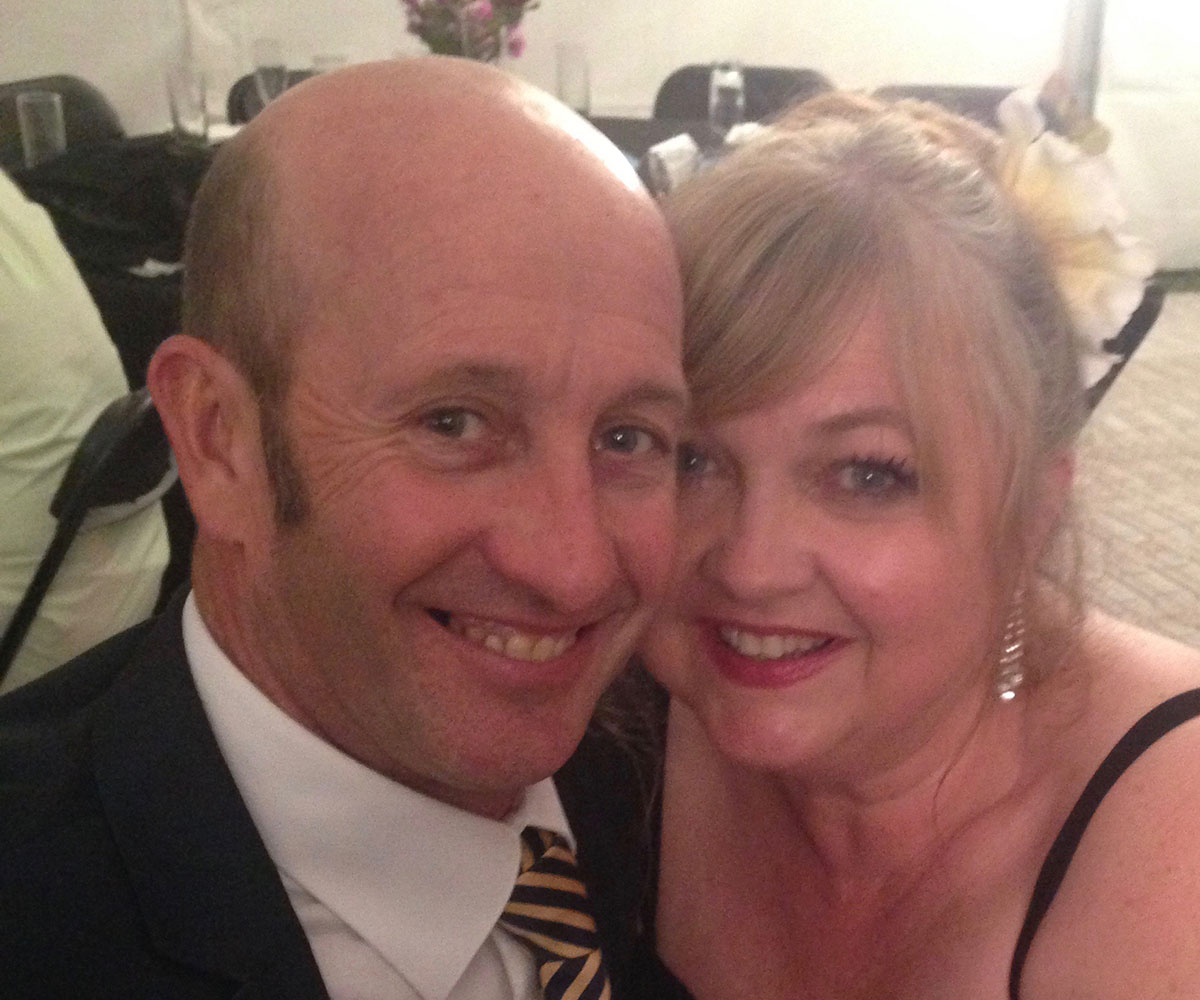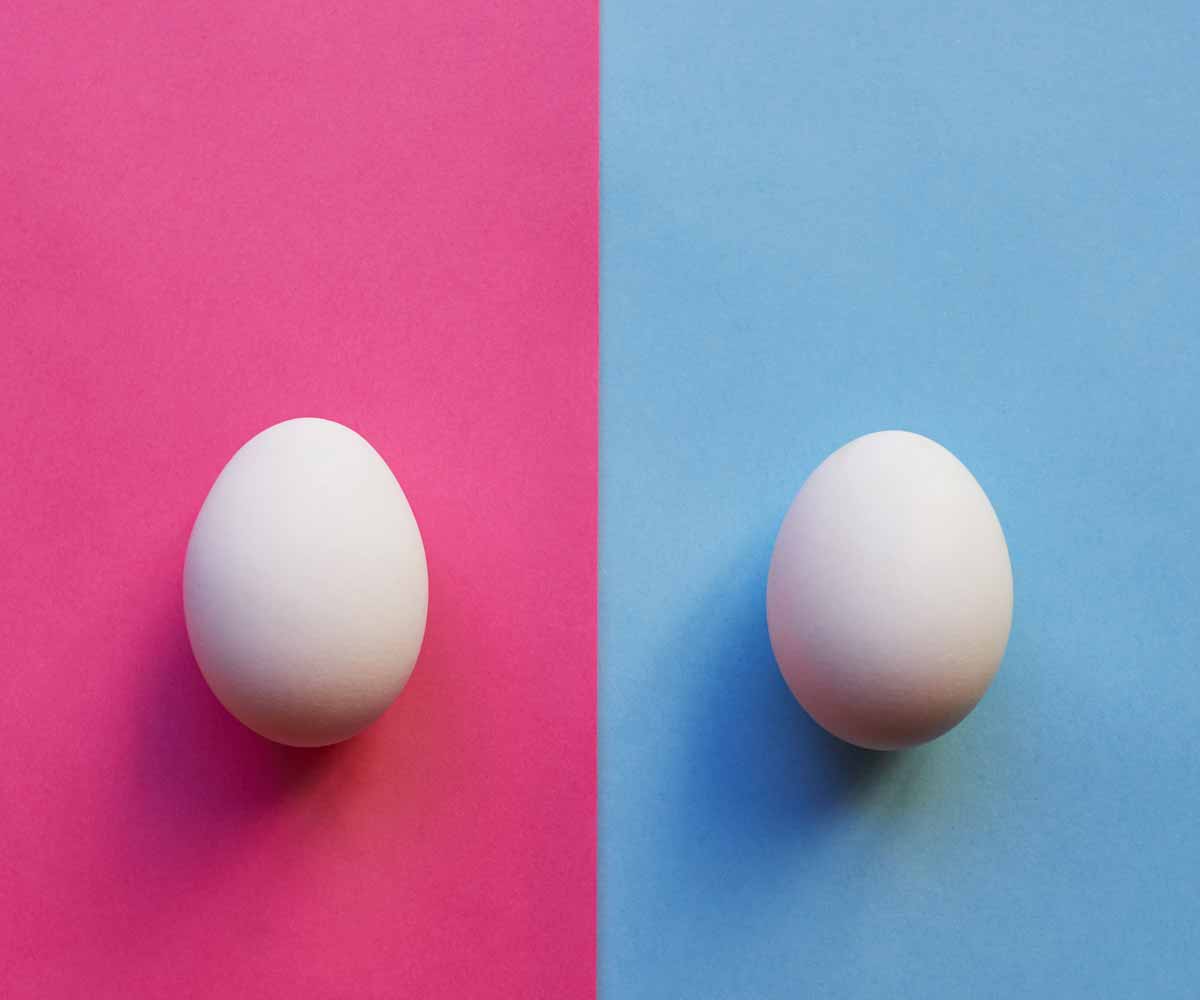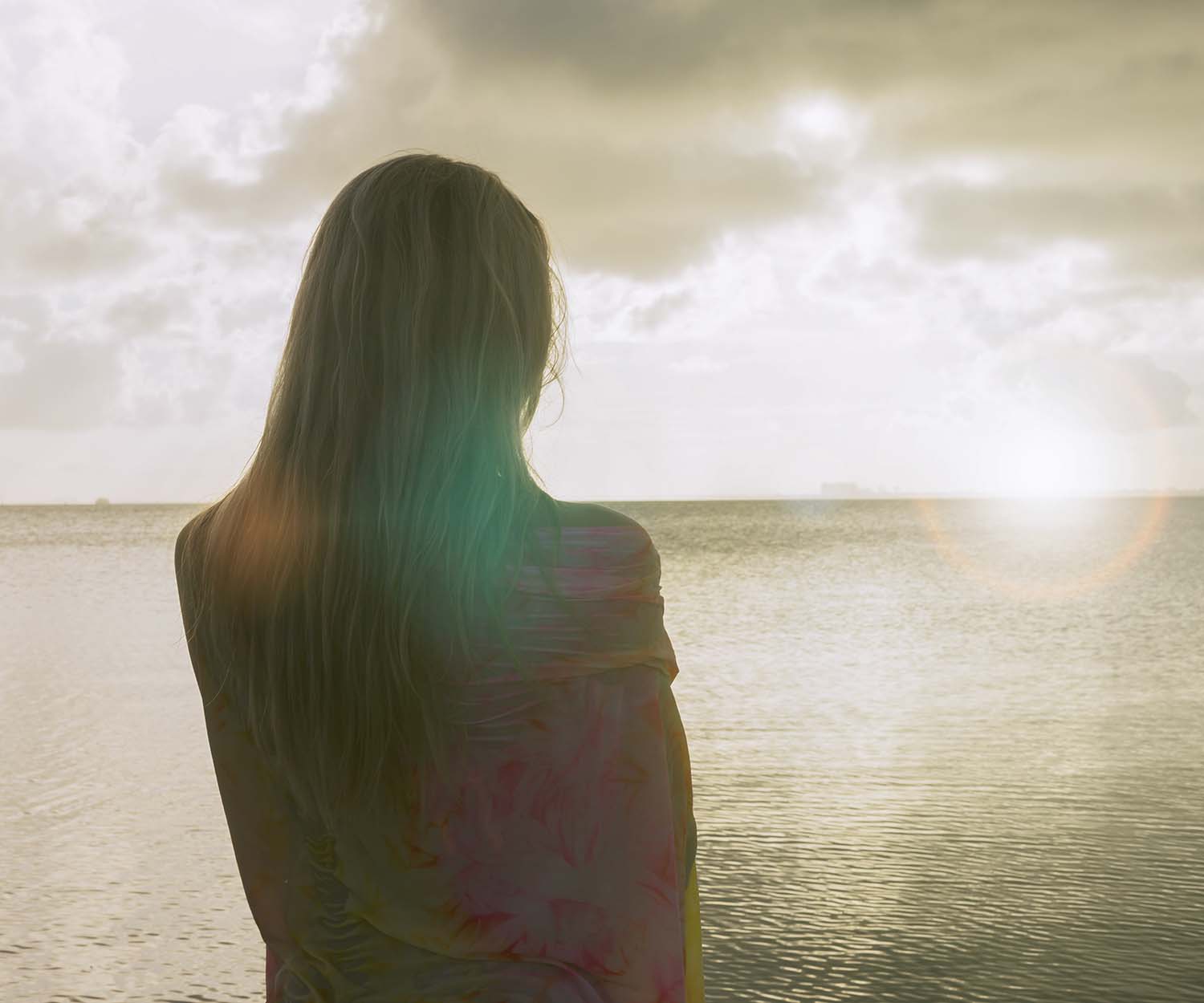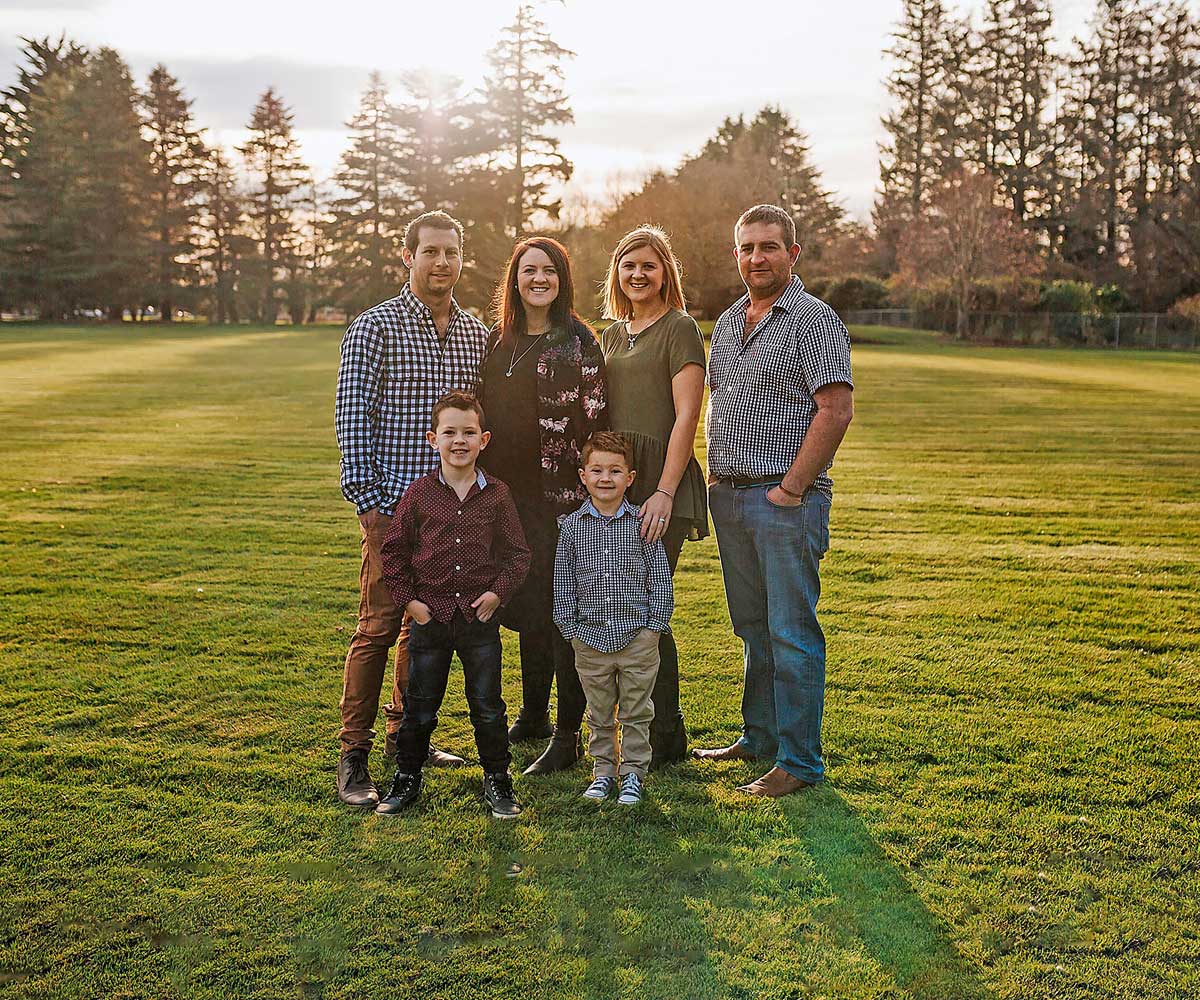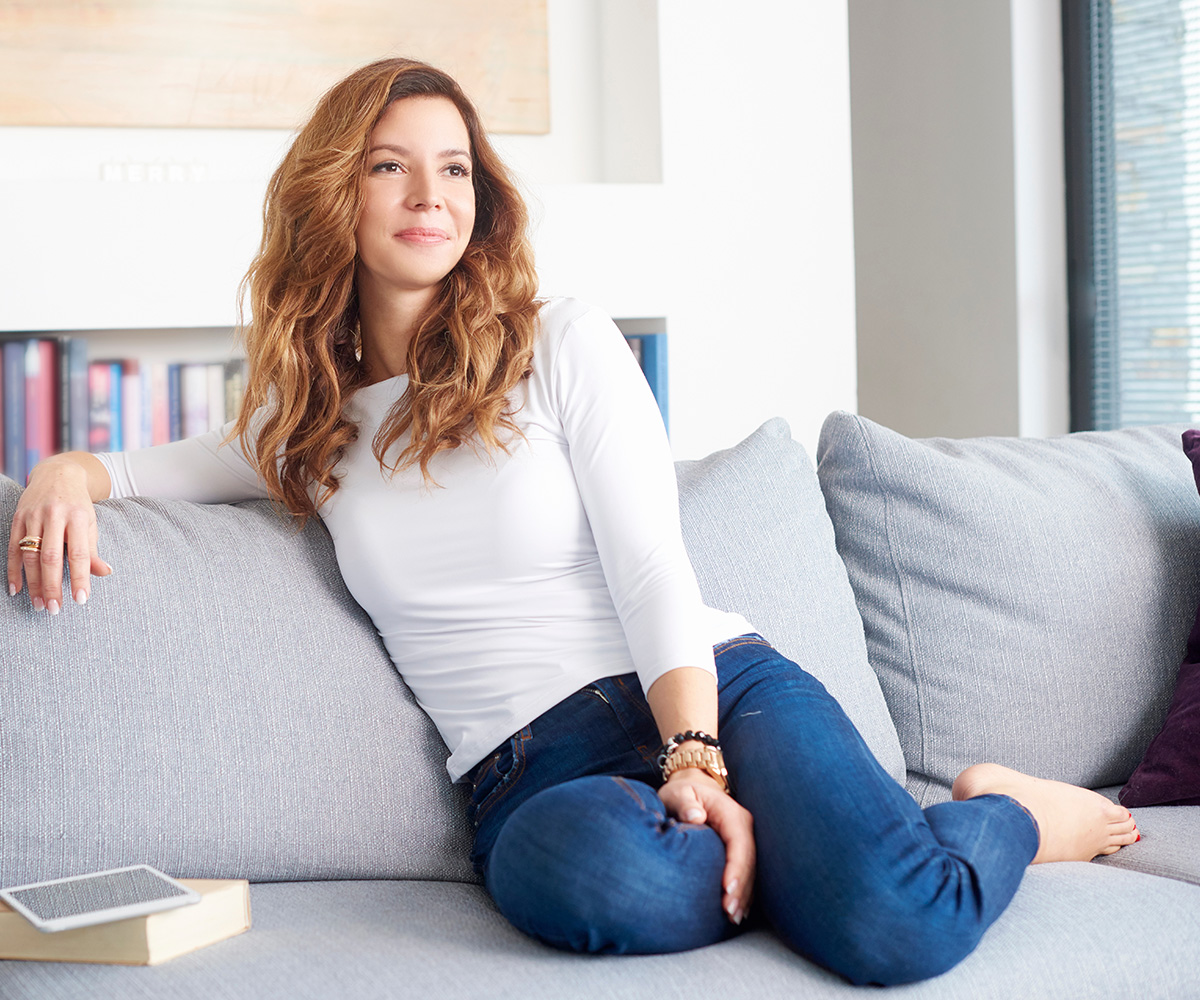This week marks Fertility Week and if there’s one Kiwi male who is more than familiar with the heartbreak that comes with fertility struggles, it’s Chris Harris.
The former international cricketer and Dancing With The Stars finalist went through a gruelling seven rounds of IVF with his wife, Linda, before they became pregnant with their twins, Louie and Phoebe, who are now eight.
One in four Kiwis will face fertility issues in their lifetime and Chris became an ambassador for Fertility NZ because he and Linda felt so strongly that Kiwis needed to know that IVF is not a golden bullet that you can fall back on if you leave it too late to start your family – and that undergoing IVF can be hard on your relationship.
Chris will be speaking about his experiences in Wellington at the Sustainability Trust Eco Centre on September 26, at 7pm.
Chris was 32 and Linda 36 when they conceived their first child, Sophie, now 17. They’d assumed that because they’d had one child there would be no problem getting pregnant again. They had always wanted a big family.
“But a woman’s fertility begins declining as early as age 32 and by 35 that decline is rapid,” Chris says.
While it had only been a couple of years since the couple had had Sophie, they soon began to realise if they were going to have another baby, they would need some help.
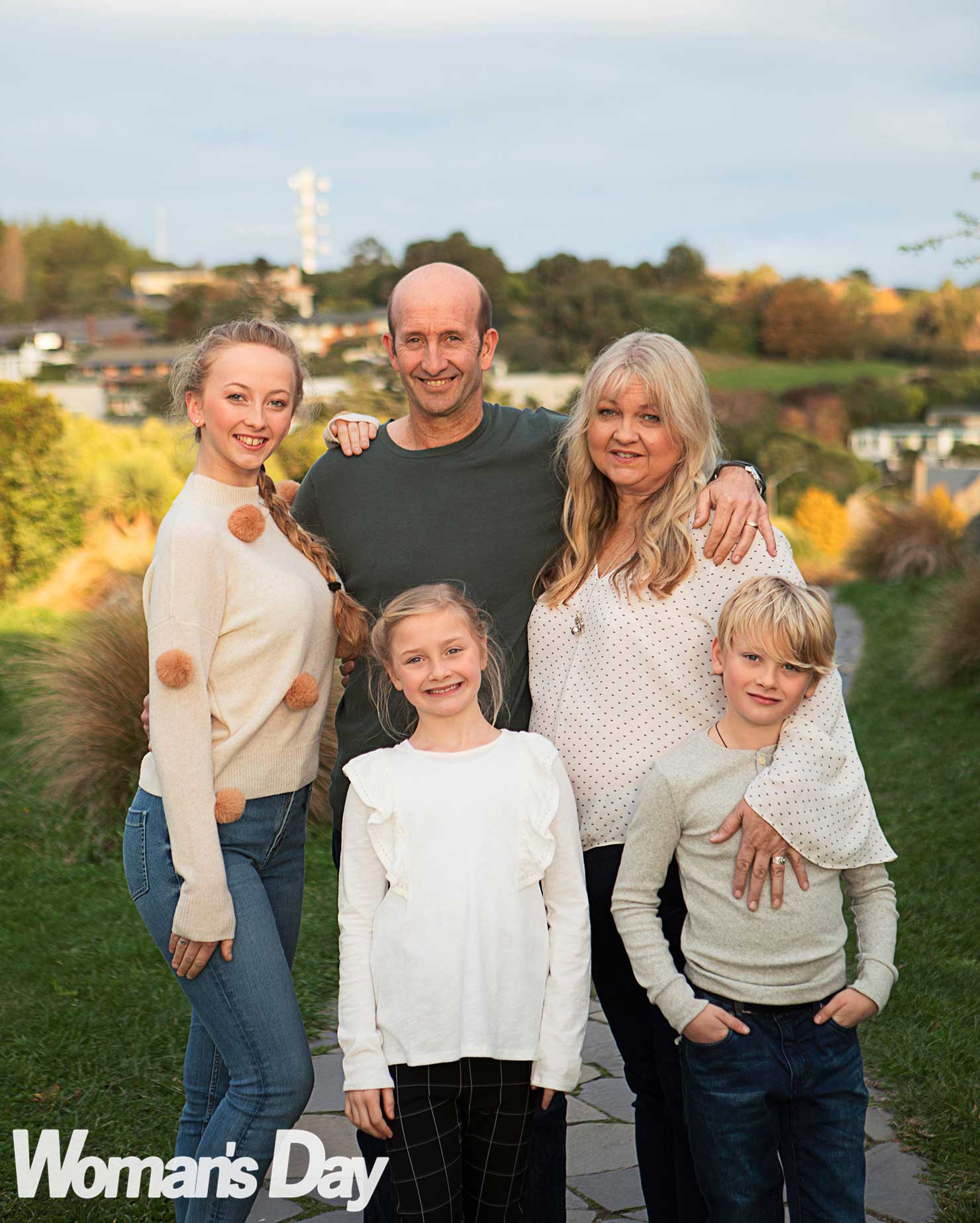
Chris and Linda with their three children Sophie, Phoebe and Louie.
The first step in the IVF process is testing each partner’s fertility and Chris admits this was a confronting time.
“That’s always going to be challenging for a man,” he says. “There’s something about having your masculinity thrown into question that is quite tough for a man,” he says.
The challenge was found to be with Linda’s fertility, which was simply declining with age, as it naturally does.Over the next five years the couple went through seven rounds of IVF, each negative pregnancy test proving more devastating than the last.
Chris recalls, “Linda had this ovulation kit, and whenever it showed a smiley face that meant you had to drop everything and do the deed, so to speak – we called it Smiley Face Day. For a guy that was quite fun at first. But after a while it becomes a chore. You have to get over not feeling like it.
“After a while, instead of getting straight home I’d take a couple of hours, or I’d get home and have just missed the window of opportunity. When another negative test came back we’d find ourselves having arguments over things like ‘if you’d only come home sooner’.
“You start to play the blame game with one another. It really does test your relationship.”
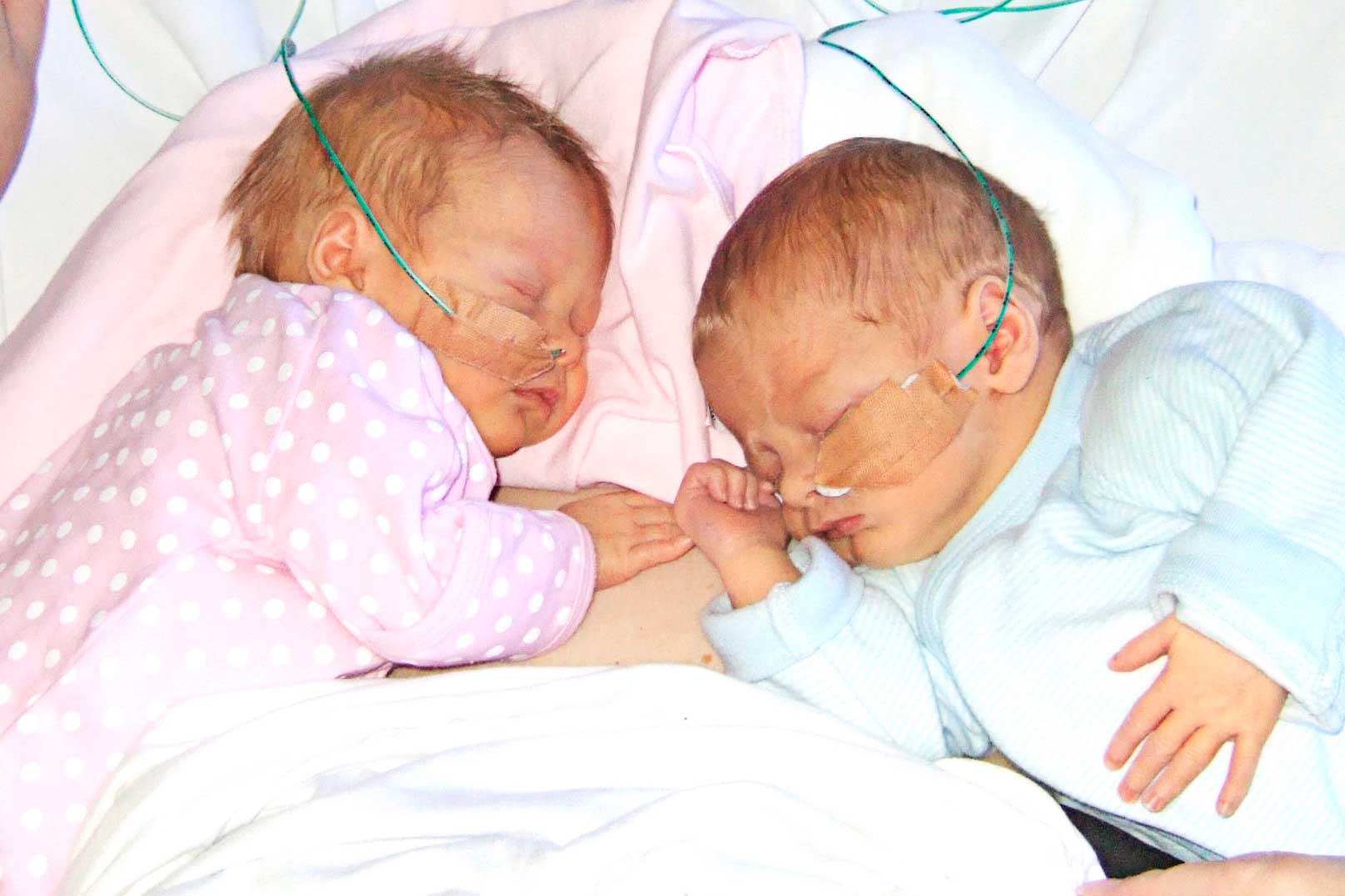
Twins Phoebe and Louie were born eight weeks’ premature. Phoebe was starved of oxygen at birth and, as a consequence, has a form of cerebral palsy called hemiplegia. Chris credits Conductive Education – the health charity he raised funds for in Dancing With The Stars – for helping her overcome much of her disability.
On their seventh round the couple finally had success. The feeling was “unbelievable”, Chris says.
They’d already decided that that round would be their last “but I think we still would have tried again if it had failed”, he says in hindsight.
In his work as an ambassador for Fertility NZ, there’s a part of him that feels uncomfortable speaking to a room full of couples who are still childless.
“You know, we’ve had success. And we already had a child before we experienced any problems. There are many couples out there who would give anything to be able to have one child.”
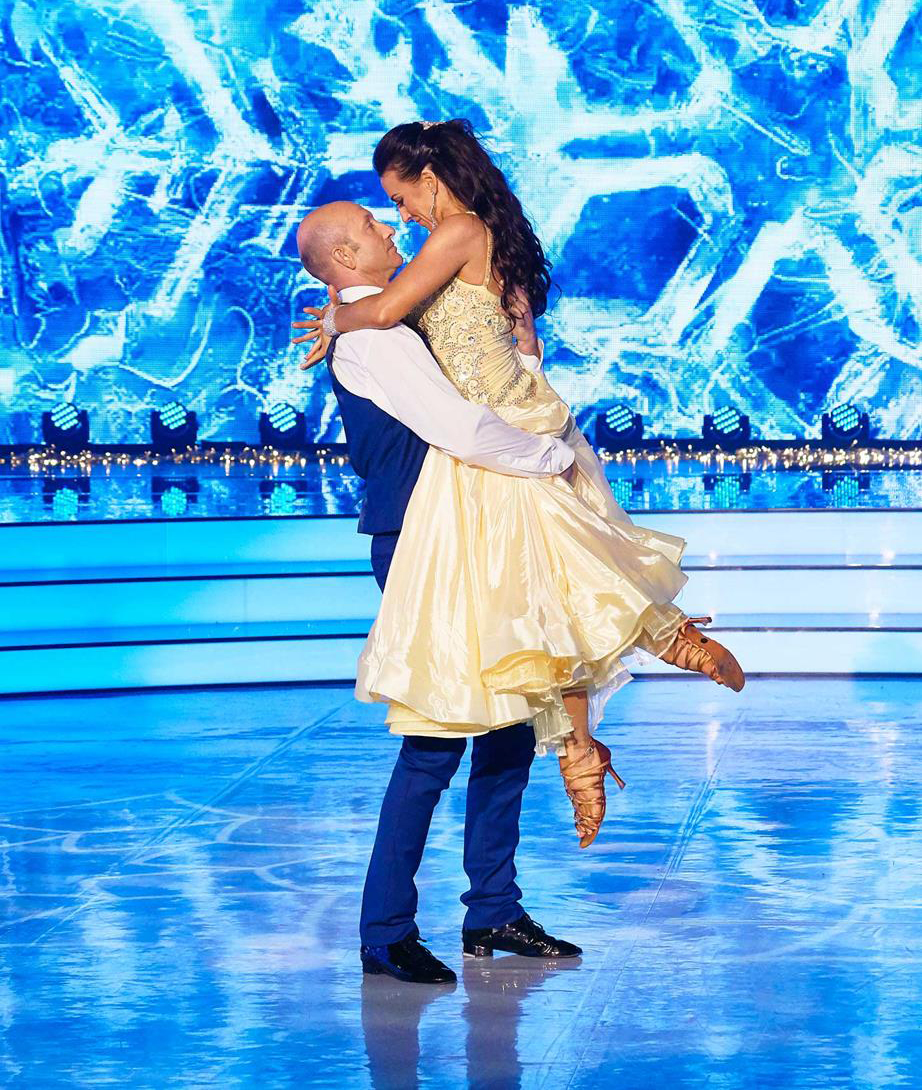
Chris and dance partner Vanessa Cole on Dancing With The Stars earlier this year.
He is also acutely aware of the fact that it’s often the woman that “gets the bad end of the stick”.
“It’s the woman that has to go through all of the injections and stuff and it’s a challenging time.”
The one thing Chris learned throughout his and Linda’s IVF journey was that when Linda was feeling fed up with it all, all she wanted him to do was listen.
“I’m still not great at it but I’m getting better. She doesn’t want me to give her an answer and if she does, she’ll ask at the end when she’s finished talking. My role was to support Linda in whatever way she needed me to.”
The experience has made the couple stronger, he says. But he also believes people need to be aware of what they’re getting themselves into with IVF. It’s expensive (it cost the Harris’s an eye-watering $70,000) and it’s tough going, he says with conviction.
This year the Harris’s celebrate 23 years of marriage and they couldn’t be happier – or prouder of their three children. While the road to get their big family was not easy, it was worth it, they say. But if they can impart anything to New Zealanders, it would be ‘”don’t leave it too late to start trying for your family”.
Fertility Week, 24-30 September, aims to raise New Zealanders’ awareness about fertility.
New Zealanders have relatively low levels of fertility awareness – 85 per cent of Kiwi women are unable to identify the ‘fertile window’. Many New Zealanders overestimate the success of fertility treatment, and up to one in four New Zealanders will experience infertility during their lifetime.
During Fertility Week, there will be free-of-charge events in six centres around the country, featuring fertility specialists and guest speakers. Campaign Ambassador, Dame Valerie Adams, will share her story at the Waikato and Auckland events and ambassador Chris Harris will share his story at the Wellington event.
There will also be a series of free-of-charge information webinars during the week on a range of topics such as ‘Weight and Nutrition’ and ‘Building Resilience during Infertility’.
For more information to go to www.fertilityweek.org.nz
